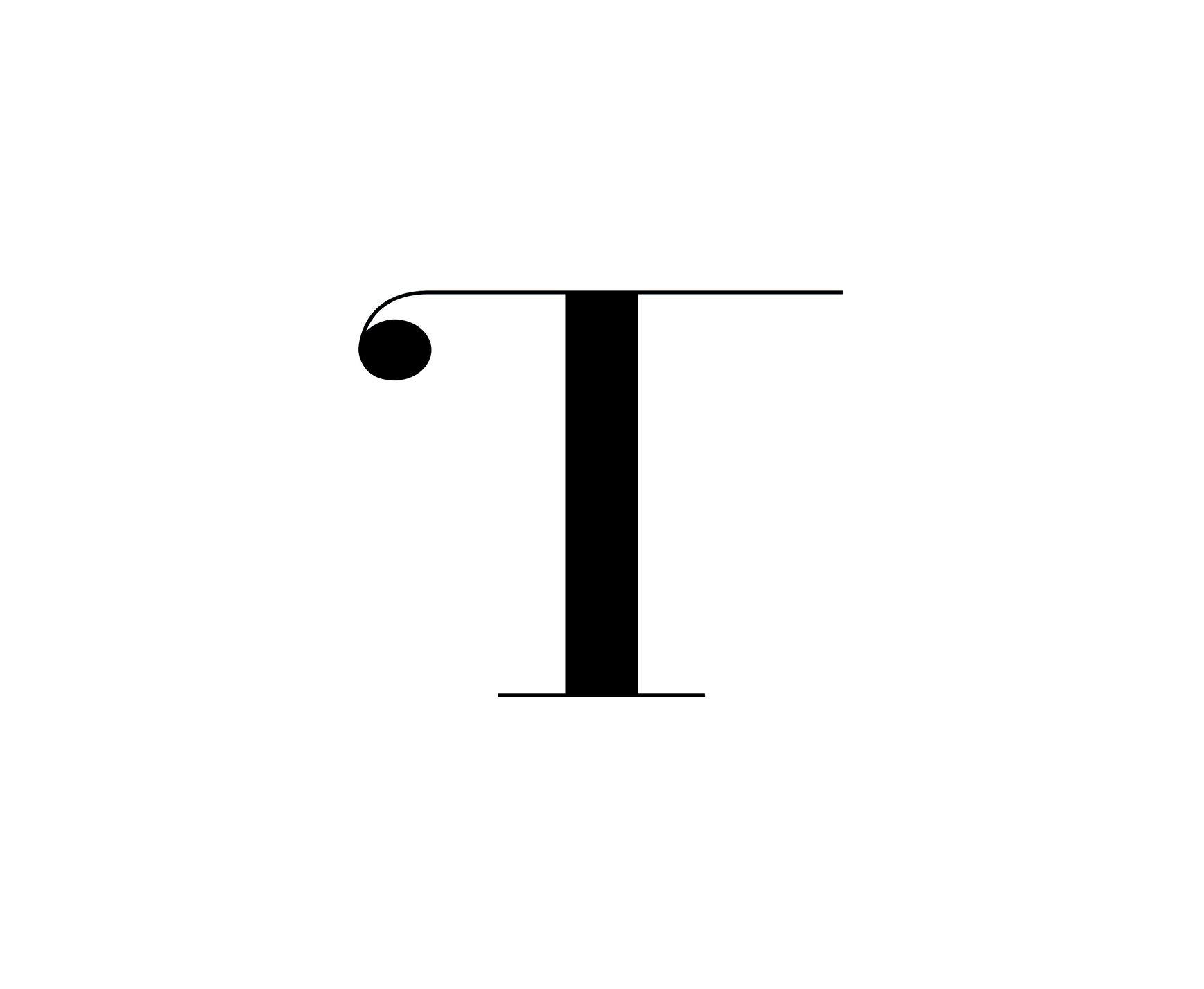Trump Shouldn't Fear a Democrat, He Should Fear a Recession
The Democrats could have a perceived "moderate centrist" run again (and likely lose again) to Donald Trump, or have Bernie Sanders give the President a serious challenge. Either way, recent history tells us, that incumbents generally don’t lose re-election bids unless there's a recession. Trump has largely inherited the push of economic growth from the Obama-era policies enacted to overcome the recession of 2008 - 2009, and he should make sure it doesn’t stray from that course if he wants to stay in the White House.
The Homefront
It wouldn't be unreasonable to think that the DNC would prefer to lose to Trump (again), by nominating a “moderate”, than letting the independent, democratic socialist senator of Vermont, Bernie Sanders, take over. Why? We already know what that scenario could look like thanks to 2016. Plus, the antagonism between Bernie's movement and the Democratic Party’s elite is no secret. This “internal division” arguably works in Trump's favor.
The U.S. economy is reporting a 3.7% record-low unemployment rate (not seen since 1969), and economic growth hit a solid 3.5% annualized rate in Q1 of this year. What's the worry? Well, wages remain stagnant, big corporations aren't paying a fair share of federal taxes, and Trump has provoked a trade war with China. Meaning: stagnant wages + rising prices = loss in purchasing power. At the same time, it’s understandable that Trump would want to reduce the 2018 record $419.2 billion trade deficit in goods with China. But at what cost? Who will this hurt the most? Inevitably, the American consumer.
The Trading Partner Abroad
Even though China has dramatically reduced extreme poverty in the last 40 years (as state media likes to continuously underscore) with its so-called “state capitalist” system; it continues to have a poor human rights record. Moreover, the Communist Party has become more sophisticated in the “art” of social control.
Google is banned, Facebook is banned, Linkedin is banned, now Wikipedia in all languages is banned. How will Chinese citizens know about freedom if they can't even search for and read about the history of their leaders as we do in the West? The government has also invested in facial recognition technologies (something that reads straight out of an Orwell playbook) to keep close supervision of its "citizens", and “track” minority groups such as millions of Uighurs and other Muslim ethnic minorities in Xinjiang. There’s also been reports of detention camps made specifically for the the Muslim Uighur minority and other Muslim ethnic groups to “re-educate them”. While the U.S. estimates that as many as 3 million Muslims may be detained, China denies the existence of such “camps”.
This lack of liberalism and democracy is a dystopian nightmare, an exercise in calibrating the workings of totalitarianism. And its byproduct is the assurance that “state capitalism” is highly profitable (for a relative few). Some might even offer "moral" justifications for its existence, such as the “lifting people out of poverty” bit, even if working conditions are close to slavery. Those that support this argument would be wise to consider the possibility of changing worker conditions that have made people “take jobs" that pay less than $2 a day.
Needs Not Met
Money bears a strong link to human nature in what we understand to be freedom and self-realization (achieving the very top needs of the Maslow Pyramid). To get there, you need money. Trade is a great way to get there. But a “trade war” does away with all the win-win scenarios in which both parties (ideally aim to) raise the living standards of their citizens. Isn’t that more desirable? Isn’t that why the Communist state feels a need to keep telling us about their “massive achievements” in poverty reduction?
China is arguably still one of the places where it's cheapest to produce, largely due to a poor human rights record that keeps labor poor. Nevertheless, “consumer-rich America” is also hurting. Prospects look dismal in that there will probably not be another generation that will amass such wealth as the Baby Boomers.
Electoral Backlash
Higher prices will make consumption, aggregate demand (including demand for labor), and output fall. An economy in that state would make an electoral backlash more plausible. Pragmatically, if voting is reduced to a choice between two, and a majority is unsatisfied with what is, they’ll go for what isn’t. This partly explains why several states carried by Obama in 2008 and 2012 switched to Trump in 2016.
Unlike American presidents, the Chinese one-party state has the luxury of not needing such an electoral message every four years. As Trump ignites a trade war that begins to hurt the pockets of American consumers, the recovering economy he inherited might spiral into recession.





